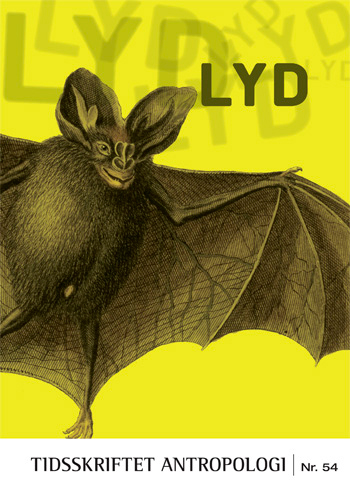MUSIK FOR MISBRUGERE
DOI:
https://doi.org/10.7146/ta.v0i54.106751Resumé
The back entrance of the Copenhagen Central Station has for some decades been shelter
and meeting place for alcoholics, drug abusers and drug dealers, because this part of the
Central Station faces a part of the town which for more than a hundred years has
accommodated prostitution in general, and since the legalisation of selling pornographic
films and pictures in 1969 also shops and cinemas for that purpose. When hash and
narcotics entered the milieu of prostitution this part of town – called Istedgade kvarteret
(Isted Street Quarter) – became also domicile of junkies, drug dealers and prostitutes
dependent on narcotics. After a radical restoration of the Central Station in the 1990’s the
management wanted to get rid of the abusers in the back entrance. So did many travellers.
And as the police did not succeed they bought a music concept from the central station
in Hamburg, which had proved its efficiency there. By playing music from the period of
romanticism (about 1800-1860) from a loudspeaker they stressed the abusers so much
that they after a few days of persistence left the entrance hall. Now the question is: what
made them leave? – It is well known that music has been used for psychological purposes,
in super markets, in films, in wars and as means of torture. But why should music from
exactly that historical period affect the abusers? Most of the junkies and alcoholics are
not familiar with nor attracted to classical romanticism. They have through their whole
are anthropologists, who do not settle for surfaces, but insist on reflecting on their own
incorporated cultural learning processes.
Downloads
Publiceret
Citation/Eksport
Nummer
Sektion
Licens
Ophavsretten til artiklerne i Tidsskriftet Antropologi tilfalder forfatteren.
Artikler publiceret i Tidsskriftet Antropologi må citeres, downloades og videresendes for ikke-kommerciel brug, under forudsætning af normal akademisk reference til forfatter(e) samt tidsskrift, årgang, nummer og sider. Artiklerne må kun genudgives med eksplicit tilladelse fra forfatter(e) og tidsskriftet.


